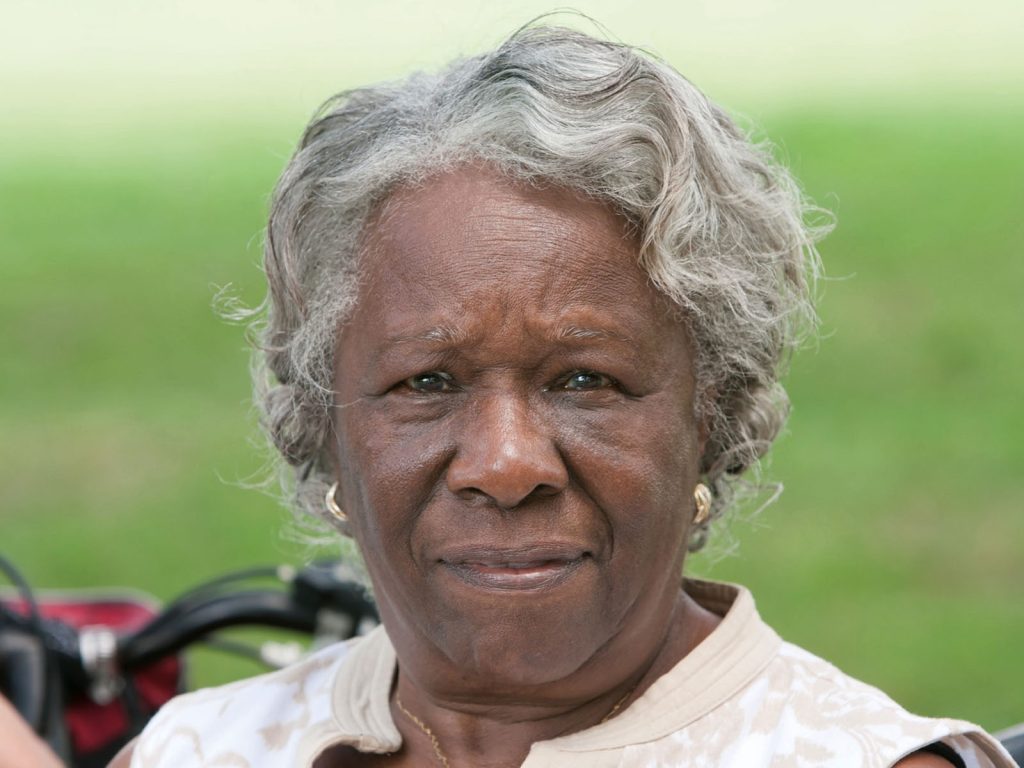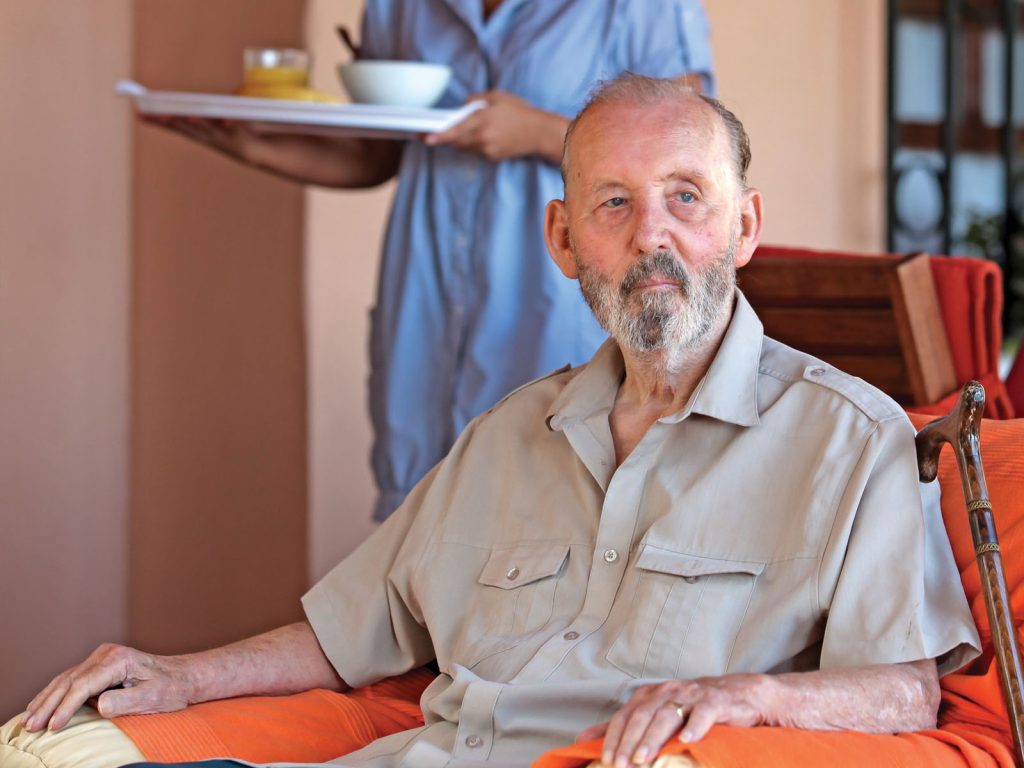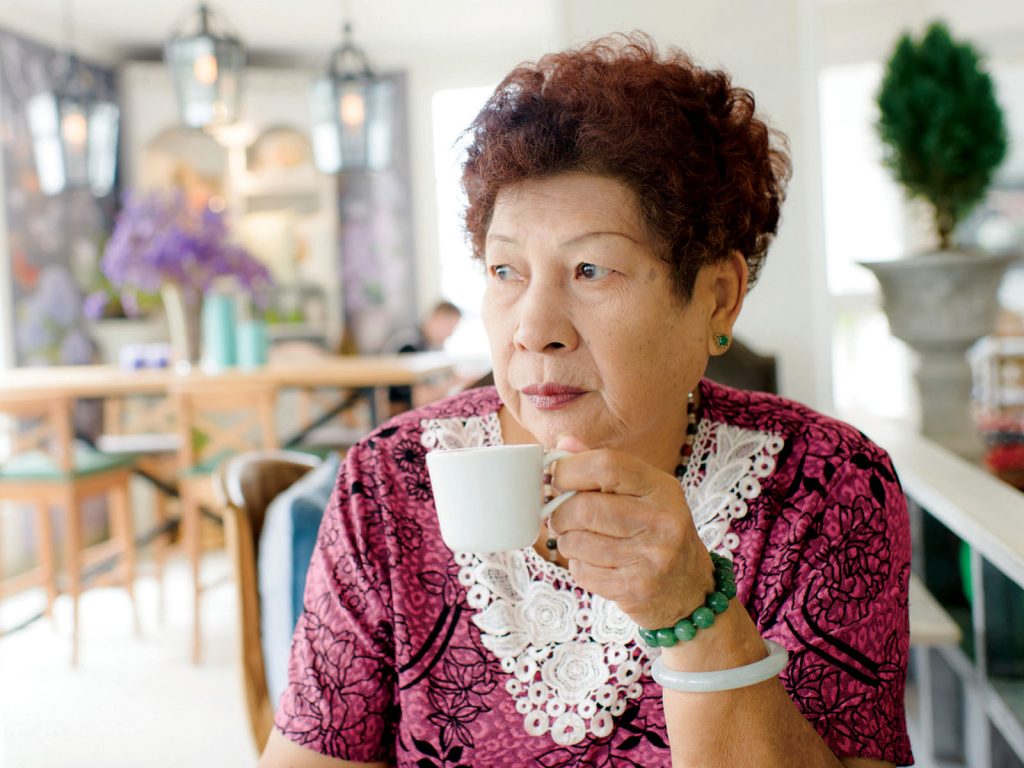Trouble with taxis
Q) Transportation is becoming an issue for my 80-year-old parents. They’ve been taking local taxis but sometimes they are waiting for a very long time for them to arrive. They aren’t wheelchair users but could they use a specialty transportation service if they were willing to pay?
A) If you are located in the GTA, they have an option called Dignity Transportation. Dignity services operate in the Greater Toronto Area, as well as in surrounding areas from Oakville to Oshawa, and as far north as Barrie. For transportation needs outside this service area, special arrangements are available. Dignity has the right vehicle to provide dependable service to and from: stores or malls; visits with family or friends. In other parts of Canada, you can search for similar services.

It’s time for a break
Q) I’ve decided to put Mum’s dog into boarding for a few weeks while recovering from her hip surgery. My sister and my Mum think that’s cruel but I can’t manage her and the dog. Am I wrong?
A) While it’s not necessarily cruel to put the dog in the kennel, it can cause undue stress for both the dog and your mother. A possible compromise could be beneficial to everyone. Pet ownership has been shown to help recovery from surgery as it boosts mood, and this could be positive for your mother. Ask your sister if she’s willing to share the care of your mom and the dog with you, ask if she’d be willing to have the dog on days you’re overwhelmed, or have a dog walker come by twice a day to help take care of the dog.

Help I’m new
Q) I’m a new caregiver for my dad who has just been diagnosed with Parkinson’s Disease. He’s worried and so am I that we aren’t going to be able to cope. Where can I find help?
A) All of this new information can seem overwhelming in the beginning but know you aren’t alone and there are resources for both you and your dad to gain more confidence and learn more about what you’ll be facing together. The people at Parkinson’s Canada have a great website with resources, programs in your area, research, and how to get involved. They also have phone lines for questions if you are someone who needs to talk to someone for help. As well, you can join Canada Care’s Caregiver Club to connect with others.

Medical attention
Q) My friend is not safe at home alone. Her kids don’t know. She’s stubbornly refusing help but I’m worried.
A) It can be hard to watch someone you care about struggling, and resisting support. Losing independence can be challenging for people to accept. Try and talk to her in a positive manner about the changes, and voice your worries from a place of concern. Try ‘I’ statements, such as “I’m worried” rather than “You need to change”. Though it may feel a bit awkward, connecting with her children and voicing your concerns may be the safest option. This will allow her family to step in and take action, before something more serious occurs.













